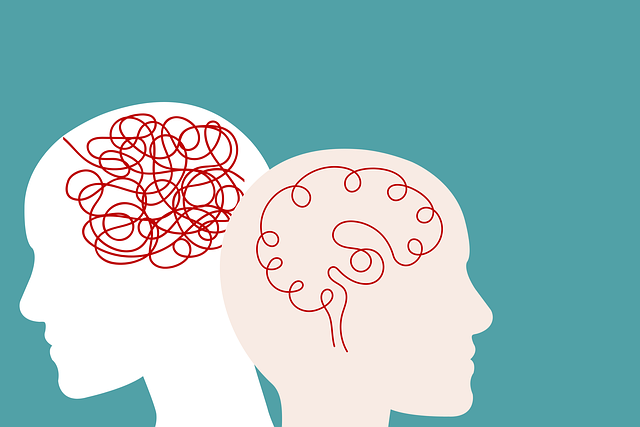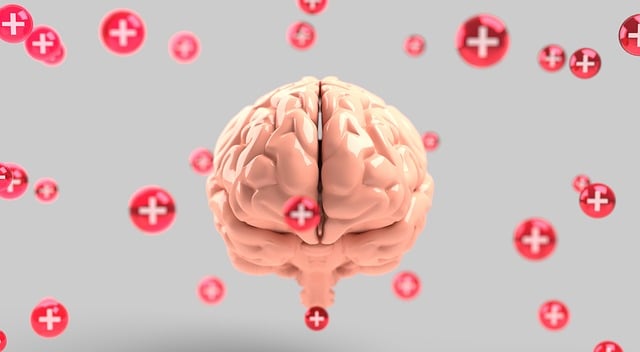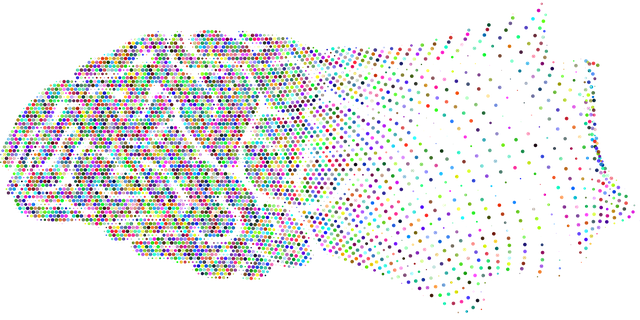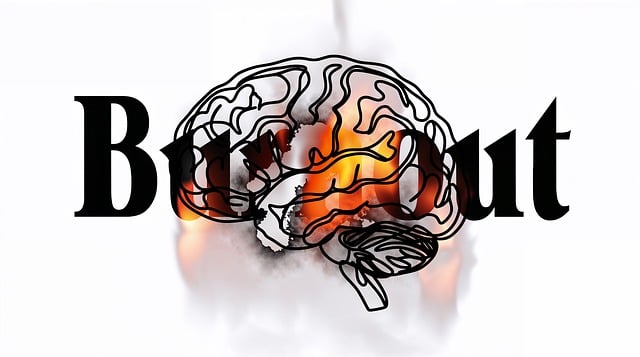Englewood Obsessive Compulsive Disorder (OCD) therapy focuses on chronic stress as a root cause, using evidence-based methods like Cognitive Behavioral Therapy (CBT), Exposure and Response Prevention (ERP), mindfulness, and self-awareness exercises. These strategies empower individuals to challenge negative thoughts, cultivate compassion, identify stressors, and develop effective coping skills for enhanced mental well-being. The program offers a comprehensive, culturally sensitive approach, addressing root causes while fostering resilience through personalized techniques suitable for diverse backgrounds.
Stress reduction is a vital component of maintaining good mental health, with methods that range from simple daily practices to specialized therapies. This article explores various techniques, focusing on cognitive behavioral therapy (CBT) and mindfulness for acute and chronic stress. We delve into the unique holistic approach used in Englewood Obsessive Compulsive Disorder (OCD) therapy, providing insights that can benefit anyone seeking to manage stress effectively.
- Understanding Stress and Its Impact on Mental Health
- Common Stress Reduction Techniques for Daily Life
- Cognitive Behavioral Therapy (CBT) Approaches to Stress Management
- The Role of Mindfulness in Relieving Chronic Stress
- Exploring Englewood Obsessive Compulsive Disorder (OCD) Therapy: A Holistic Approach
Understanding Stress and Its Impact on Mental Health

Stress is a natural response to demanding or threatening situations, but when it becomes chronic, it can significantly impact mental health. It’s important to recognize that stress isn’t always negative; acute stress can enhance performance and focus. However, prolonged exposure to stressful conditions can lead to various mental health issues, including anxiety disorders like Obsessive Compulsive Disorder (OCD). Englewood OCD therapy focuses on helping individuals understand their unique triggers and develop effective coping mechanisms.
Understanding the root causes of stress is crucial in implementing successful reduction strategies. Mind Over Matter principles encourage individuals to challenge negative thought patterns and engage in compassion cultivation practices, fostering a sense of self-compassion and resilience. Self-Awareness Exercises can also play a significant role in identifying stressors and promoting healthier ways of managing them, ultimately improving mental well-being.
Common Stress Reduction Techniques for Daily Life

In today’s fast-paced world, stress has become an all too common companion for many individuals. Fortunately, there are numerous effective techniques to combat this modern-day challenge. Engaging in regular physical activity, practicing mindfulness meditation, and adopting a balanced diet are well-established strategies that can significantly reduce stress levels. Incorporating these habits into daily routines not only enhances overall well-being but also cultivates resilience against life’s stressors.
For those dealing with conditions like Englewood Obsessive Compulsive Disorder (OCD), specialized therapy such as Exposure and Response Prevention (ERP) plays a pivotal role in coping skills development. ERP, a form of behavioral therapy, equips individuals with tools to confront fears and challenge compulsions, fostering mental health awareness and positive thinking. By combining these evidence-based practices with stress reduction techniques, individuals can lead more balanced lives, effectively managing both their OCD symptoms and the pressures of daily existence.
Cognitive Behavioral Therapy (CBT) Approaches to Stress Management

Cognitive Behavioral Therapy (CBT) offers powerful approaches to managing stress, focusing on identifying and changing negative thought patterns and behaviors. This therapy technique is particularly effective for those dealing with issues like Obsessive Compulsive Disorder (OCD), which can significantly impact one’s emotional well-being. CBT encourages individuals to challenge and reframe distorted thinking, thus reducing the associated anxiety and stress.
Through structured sessions, therapists guide clients in understanding the connection between thoughts, feelings, and behaviors. By learning specific techniques, individuals can gain control over their reactions to stressful situations, promote emotional well-being, and develop healthier coping strategies. CBT’s ability to equip people with these skills makes it a popular choice for effective stress management, offering long-lasting benefits for various mental health concerns, including Englewood OCD therapy.
The Role of Mindfulness in Relieving Chronic Stress

Mindfulness has emerged as a powerful tool in the arsenal against chronic stress. It involves training your mind to focus on the present moment, observing thoughts and feelings without judgment. This practice can help individuals detach from stressful situations and gain a sense of calm and clarity. In the context of Englewood Obsessive Compulsive Disorder Therapy (OCD), mindfulness techniques are often integrated to assist patients in managing their symptoms effectively.
By cultivating mindfulness, one can improve mental wellness and enhance overall mood management. Regular practice has been linked to reduced stress levels and improved emotional resilience. This simple yet profound approach encourages individuals to navigate life’s challenges with greater awareness and composure. Community Outreach Program Implementation focused on mindfulness can further spread these benefits, fostering a more resilient and supportive environment.
Exploring Englewood Obsessive Compulsive Disorder (OCD) Therapy: A Holistic Approach

Englewood Obsessive Compulsive Disorder (OCD) therapy offers a holistic approach to managing this complex condition. It’s more than just treating symptoms; it focuses on addressing the underlying causes and promoting overall well-being. Through specialized therapy sessions, individuals with OCD can learn coping mechanisms tailored to their unique experiences. This personalized treatment incorporates various evidence-based techniques, such as cognitive-behavioral therapy (CBT), exposure and response prevention (ERP), and mindfulness practices, enabling clients to regain control of their lives.
A key aspect of Englewood OCD therapy is its cultural competency, ensuring that treatments are sensitive to diverse backgrounds. Healthcare providers undergo training in burnout prevention and mental health awareness to offer compassionate care. This inclusive approach not only treats the OCD but also fosters resilience and enhances the client’s ability to navigate life’s challenges with greater ease.
In conclusion, managing stress effectively is a multifaceted approach that includes understanding its impact on mental health, employing daily techniques like mindfulness, and considering specialized therapies such as Cognitive Behavioral Therapy (CBT) and holistic treatments for conditions like Englewood Obsessive Compulsive Disorder (OCD). By combining these strategies, individuals can navigate life’s challenges with resilience and enhance their overall well-being.














